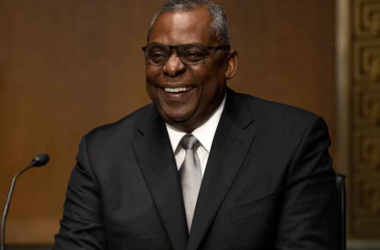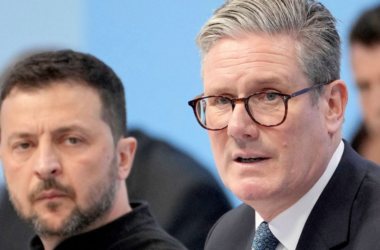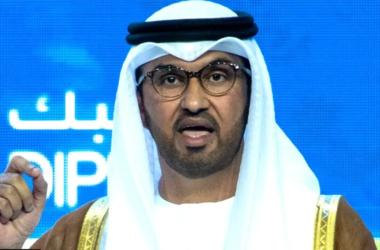The International Court of Justice (ICJ) has issued a landmark emergency ruling, ordering Israel to immediately cease its military assault on Rafah, a city in southern Gaza. This ruling comes in response to South Africa’s case accusing Israel of genocide.
Although the ICJ, also known as the World Court, lacks enforcement powers, this decision highlights Israel’s growing international isolation over its actions in Gaza, particularly since it began its offensive against Rafah earlier this month.
In the ruling, World Court President Nawaf Salam stated that the situation in the Palestinian enclave had worsened since the court previously ordered Israel to take measures to improve conditions. He confirmed that criteria were met for a new emergency order. “The state of Israel shall immediately halt its military offensive, and any other action in the Rafah governorate, which may inflict on the Palestinian group in Gaza conditions of life that could bring about its physical destruction in whole or in part,” Salam announced.
The ICJ also directed Israel to open the Rafah crossing between Egypt and Gaza to allow the entry of aid. Additionally, Israel must provide access for investigators and report back on its progress within one month. The order was passed with a 13-2 vote, opposed only by judges from Uganda and Israel.
South Africa praised the ruling as groundbreaking. The internationally recognized Palestinian Authority stated that it reflected a global consensus for ending the war, though presidential spokesman Nabil Abu Rudeineh expressed that it did not go far enough as it did not address fighting in other parts of Gaza. Senior Hamas official Basem Naim urged the U.N. Security Council to enforce the World Court’s decision.
In Israel, the response was one of outrage. Far-right Finance Minister Bezalel Smotrich claimed that those demanding an end to the war were effectively asking for Israel’s destruction, a stance Israel would never agree to. Opposition leader Yair Lapid called the order a “moral collapse and a moral disaster” for failing to tie the ceasefire demand to a requirement for Hamas to release hostages.
The order followed a request by South Africa, which accused Israel of violating the Genocide Convention established post-Holocaust. The ICJ’s rulings are final and binding, yet have been ignored in the past due to the court’s lack of enforcement mechanisms.
Israel has consistently dismissed accusations of genocide, asserting that its operations in Gaza are acts of self-defense aimed at Hamas militants who attacked Israel on October 7. An Israeli government spokesman stated, “No power on Earth will stop Israel from protecting its citizens and going after Hamas in Gaza.”
The conflict has seen Israel begin an armored attack on Rafah, forcing hundreds of thousands of Palestinians to flee. Rafah, located at Gaza’s southern edge, is a critical route for aid, and international organizations warn that the Israeli operation could lead to famine in the enclave.
South Africa’s legal representatives requested an emergency halt to the Rafah operation to ensure the survival of the Palestinian people. They also sought to end the broader conflict in Gaza, though the court has been hesitant to take such a step.
This decision comes shortly after the International Criminal Court (ICC) announced it had filed for arrest warrants against Israeli Prime Minister Benjamin Netanyahu and Defence Minister Yoav Gallant, as well as Hamas leaders. ICC Prosecutor Karim Khan accused Netanyahu and Gallant of crimes including extermination and using hunger as a weapon. Israel has denied these charges.
The ongoing war began after Hamas-led militants attacked southern Israeli communities, resulting in around 1,200 Israeli deaths and the seizure of over 250 hostages. Since the offensive started, Gaza’s health ministry reports over 35,000 Palestinian casualties.








